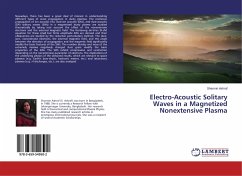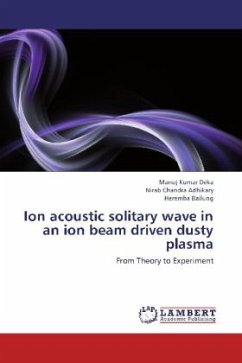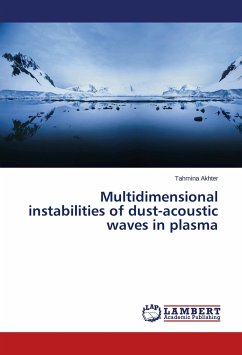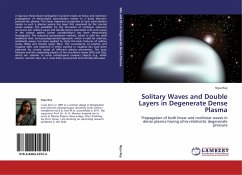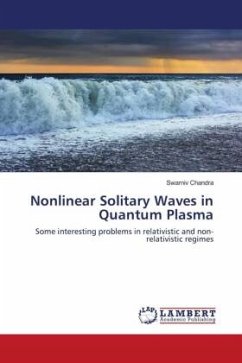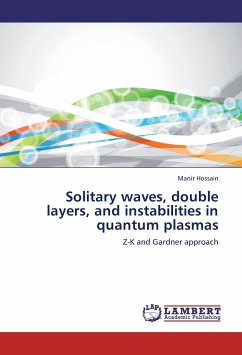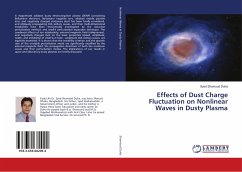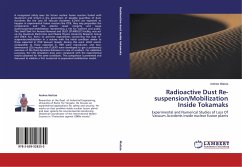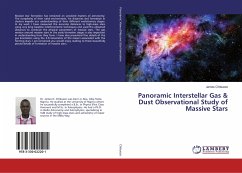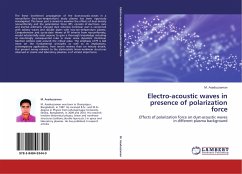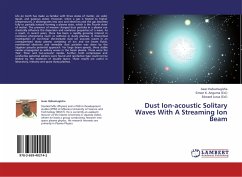
Dust Ion-acoustic Solitary Waves With A Streaming Ion Beam
Versandkostenfrei!
Versandfertig in 6-10 Tagen
27,99 €
inkl. MwSt.

PAYBACK Punkte
14 °P sammeln!
Life on Earth has made us familiar with three states of matter, viz; solid, liquid, and gaseous states. However, when a gas is heated to higher temperatures, it disintegrates into ions and electrons and the gas becomes fully or partially ionized forming a plasma state, which is the 'fourth state' of matter. The presence of massive charged dust particles in a plasma can drastically influence the dispersion and nonlinear properties of a wave. As a result, in recent years, there has been a rapidly growing interest in nonlinear phenomena (such as solitons) in dusty plasmas. A theoretical investiga...
Life on Earth has made us familiar with three states of matter, viz; solid, liquid, and gaseous states. However, when a gas is heated to higher temperatures, it disintegrates into ions and electrons and the gas becomes fully or partially ionized forming a plasma state, which is the 'fourth state' of matter. The presence of massive charged dust particles in a plasma can drastically influence the dispersion and nonlinear properties of a wave. As a result, in recent years, there has been a rapidly growing interest in nonlinear phenomena (such as solitons) in dusty plasmas. A theoretical investigation of non-linear electrostatic dust ion acoustic waves in an unmagnetized dusty plasma consisting of ion and ion beam fluids, nonthermal electrons and immobile dust particles was done by the Sagdeev pseudo potential approach. For large beam speeds, three stable modes propagated as solitary waves in the beam plasma. These were the 'Fast', 'Slow' and 'Ion-acoustic' modes. Further, both compressive and rarefactive potential solitons were found and rarefactive type could not be limited by the existence of double layers. These results are useful in laboratory, industry and space dusty plasmas.



